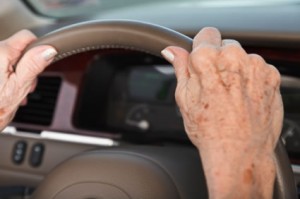
Having a simple, easy-to-pronounce name is more likely to win you friends and favour in the workplace, a study by Dr Simon Laham at the University of Melbourne and Dr Adam Alter at New York University Stern School of Business, has found.
In the first study of its kind, and published in the Journal of Experimental Social Psychology, researchers analysed how the pronunciation of names can influence impression formation and decision-making. In particular, they demonstrated “the name pronunciation effect,” which occurs when people with easy–to-pronounce names are evaluated more positively than those with difficult-to-pronounce names.
The study revealed that:
- People with more pronounceable names were more likely to be favoured for political office and job promotions
- Political candidates with easy-to-pronounce names were more likely to win a race than those without, based on a mock ballot study
- Attorneys with more pronounceable names rose more quickly to superior positions in their firm hierarchies, based on a field study of 500 first and last names of US lawyers
Lead author, Dr Simon Laham said subtle biases that we are not aware of affect our decisions and choices. “Research findings revealed that the effect is not due merely to the length of a name or how foreign-sounding or unusual it is, but rather how easy it is to pronounce,” he said.
Dr Adam Alter who conducted the law firm analysis said this effect probably also exists in other industries and in many everyday contexts. “People simply aren’t aware of the subtle impact that names can have on their judgments,” Dr Alter said.
Dr Laham said the results had important implications for the management of bias and discrimination in our society.
“It’s important to appreciate the subtle biases that shape our choices and judgments about others. Such an appreciation may help us de-bias our thinking, leading to fairer, more objective treatment of others,” he said.
Researchers conducted studies both in lab settings and in a natural environment using a range of names from Anglo, Asian, and Western and Eastern European backgrounds.
This research builds on Dr Alter’s earlier work, which suggests that financial stocks with simpler names tend to outperform similar stocks with complex names immediately after they appear on the market.
Source: University of Melbourne



